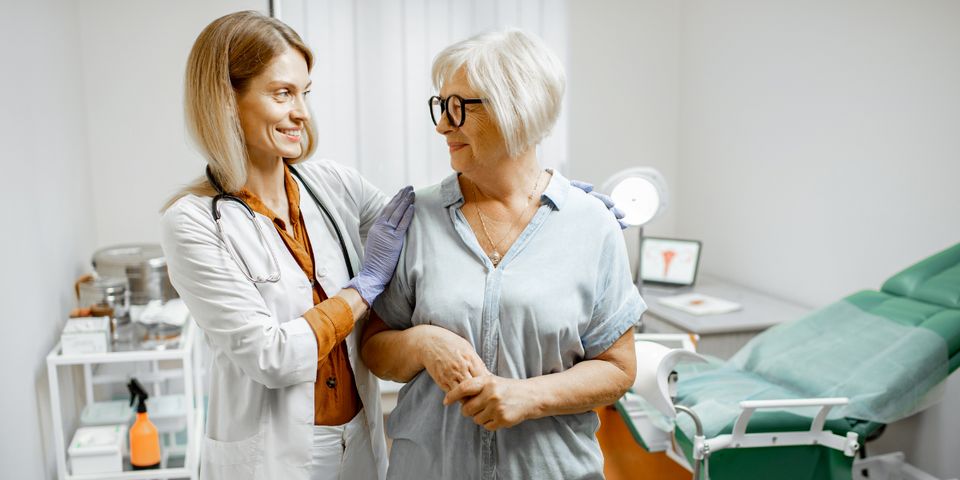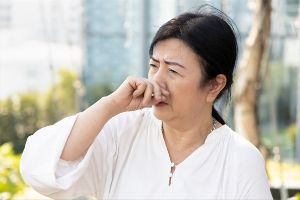4 FAQ About Urinary Incontinence in Women

Urinary incontinence is a common women’s health issue, characterized by the loss of bladder control. It can be frustrating, inconvenient, and embarrassing for those affected, but incontinence is entirely treatable with the guidance of an OB-GYN. The guide below answers some common questions about urinary incontinence to help you begin the conversation with your provider.
What to Know About Female Urinary Incontinence
What causes urinary incontinence?
In general, this condition is caused by weakened or overactive bladder muscles, or damage to the nerves involved in holding and passing urine. Certain events, such as pregnancy, childbirth, surgery involving reproductive organs, and menopause can be the source of these muscle and nerve issues. Health problems that put stress on the bladder, such as constipation and being overweight, can also contribute to urinary incontinence.
Why is it more common in women?
While men can develop urinary incontinence, it is twice as likely to occur in women. This is mainly due to the unique health events that can impact the muscles and nerves of the urinary tract, including childbirth and menopause. These weaken the pelvic floor muscles that support the urinary tract, making it harder to hold in urine. The female urethra is also shorter than the male urethra and has less muscle to control the urge to urinate.
Are there different types of incontinence?

There are a few forms of urinary incontinence, but the main two are stress and urge incontinence. Stress incontinence happens when there is pressure on the bladder that causes urine to leak, which can come from everyday occurrences like coughing, sneezing, and laughing.
Women with urge incontinence will very suddenly get the strong urge to go and may not make it to the bathroom in time. This can happen during sleep, or when you hear or touch water. Those with both stress and urge incontinence are said to have mixed incontinence.
How is it treated?
If you have urinary incontinence, the best place to receive treatment is a women’s health specialist. Your OB-GYN will work closely with you to create a treatment plan based on the type of incontinence you’re experiencing, what’s causing your symptoms, and the pattern of urine loss. Popular treatments include Kegel exercises to strengthen your pelvic floor muscles, prescription medication, and timed voiding, in which you use the bathroom on a set schedule and gradually increase the time between trips.
For professional incontinence therapy, turn to the women’s health experts at Nathan Littauer Hospital & Nursing Home. Located in Gloversville, NY, this facility is staffed by highly qualified providers in their respective fields to offer comprehensive health care services. Whether you need a urologist, pediatrician, neurologist, or general surgery, their team is dedicated to providing compassionate care in a safe and supportive environment. Learn more about women’s health services online. To make an appointment, call (518) 725-8621.
About the Business
(149 reviews)
Have a question? Ask the experts!
Send your question

